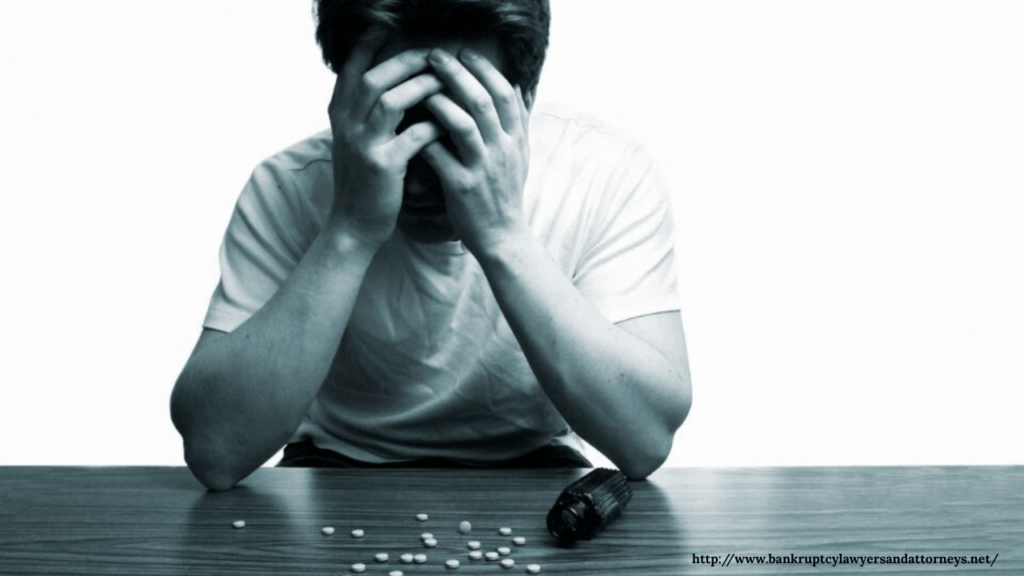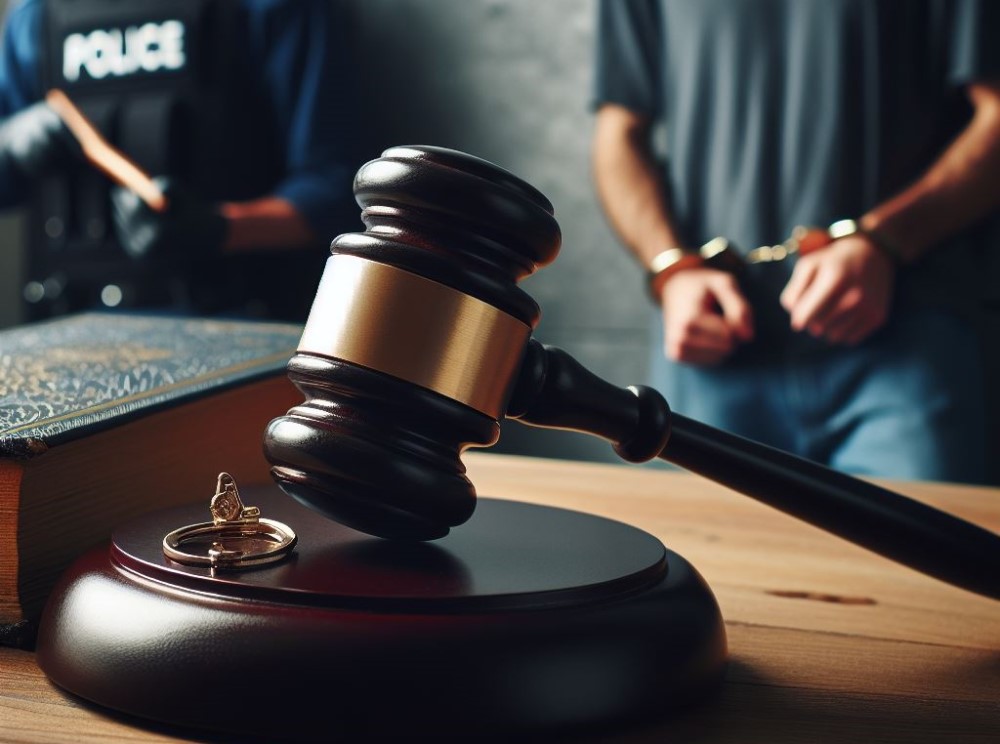
For many struggling with addiction, the first wake-up call doesn’t come in a rehab center or hospital—it comes in the back of a police car. Arrests related to drug or alcohol use are often the first point of contact between individuals and the legal system. While this interaction may initially feel like the lowest point, it can also be the turning point. Increasingly, the legal system is evolving from a place of punishment to a platform for recovery, offering opportunities for treatment, healing, and ultimately, a second chance.
Addiction and Legal Trouble: A Common Crossroad
Addiction can lead to a wide range of legal issues, including drug possession, DUI, theft, domestic disputes, and even child custody battles. These legal consequences often stem from the behaviors driven by the need to obtain or use substances. In the past, these cases were handled with a strict focus on incarceration. However, jail time alone rarely addresses the root cause of the problem—substance use disorder.
Recognizing this, many courts are now working to shift the focus from punishment to rehabilitation, especially for non-violent offenders.
Drug Courts: A Bridge Between Justice and Recovery
One of the most effective ways the legal system supports recovery is through drug courts. These are specialized court programs designed to handle cases involving substance use with a focus on treatment rather than incarceration. Participants are required to undergo addiction treatment, attend court regularly, submit to random drug testing, and follow a structured recovery plan.
Drug courts not only reduce repeat offenses but also improve recovery outcomes. They offer accountability paired with support, helping individuals rebuild their lives under the guidance of a judge, treatment providers, and case managers.
Diversion Programs and Alternative Sentencing
Another tool used by the legal system is diversion programs. These allow individuals to avoid formal prosecution or a criminal record by agreeing to undergo treatment, counseling, or education. Upon successful completion, charges may be dropped or reduced.
Alternative sentencing—like court-ordered rehab instead of jail—is also becoming more common. Judges can mandate inpatient or outpatient treatment, community service, or probation with recovery conditions, providing a structured path toward sobriety while keeping individuals out of prison.
Legal Support for Long-Term Recovery
Legal intervention can also help individuals access resources they may not have sought on their own. From connecting them with housing and employment services to ensuring continued therapy and check-ins, the legal system can play a supportive role throughout the recovery process.
In some cases, sealing or expunging criminal records after successful rehabilitation can also give individuals a fresh start, reducing barriers to employment and housing that often contribute to relapse.
Conclusion
From the moment of arrest to the journey through court, the legal system has the power to be more than just a source of punishment—it can be a lifeline to healing. By embracing rehabilitation over incarceration, courts can help break the cycle of addiction and crime. For those caught in addiction’s grip, legal trouble can be the first step not just toward accountability, but toward lasting recovery and renewed hope.
